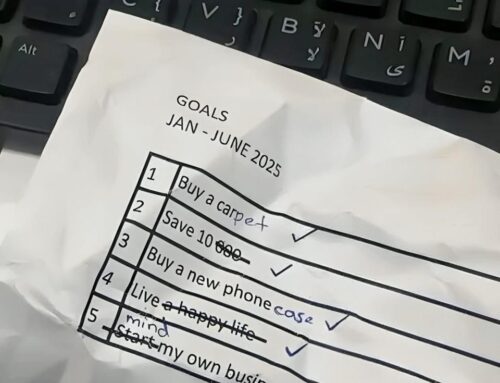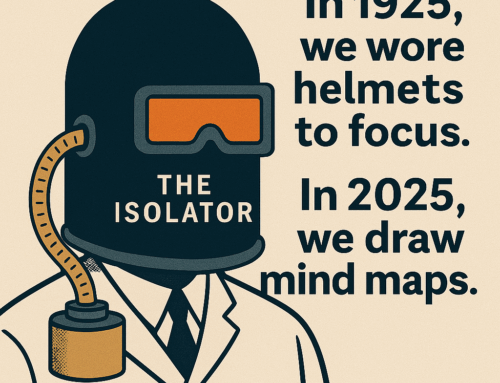In the fast-paced world of knowledge work, achieving success and fulfillment often seems like an elusive dream. The perpetual wait for “more time” becomes a common refrain, leaving self-improvement activities on the back burner. However, Arnold Bennett’s timeless guide, “How to Live on 24 Hours a Day,” penned in 1910, provides a concrete plan to reshape our approach to time.
Bennett’s teachings center around three key areas:
Conserve time
The first thing to realize is that you will never have that “more time”, since you already have all the time there is – 24 hours a day! Once you are convinced about this nature of time, your lookout changes and you aim at tight budgeting of your time.
Bennett cites that the most underutilized time of the day is the one that is outside working hours. And how one utilizes that time could make the difference between mere “existing” versus “living” life. For most people, the time outside work, i.e. before 10 AM and after 6 PM is merely a prologue and epilogue of the “work day”. Bennett guides us to do the tight budgeting as below:
- Early Mornings: Avoid oversleeping and embrace early mornings for personal growth activities.
- Commute Time: Make use of onward and return commutes for productive pursuits.
- Lunch Breaks: Utilize lunchtime for lighter rituals, preserving precious morning hours.
- Evening hours: Use at least 90 minutes on alternate days in the evening for intellectual pursuits. That still leaves three evenings and weekend for leisure activities. Benett argues that the mental faculties don’t fatigue like physical limbs, so they could be used even after working hours.
Sharpen your mental faculties
It’s quite critical to be able to control your mind to be able to study well. Bennett suggests a simple meditation technique to achieve mind control. Concentrate your mind on a subject at least for half an hour. Bring the attention back even if you get distracted. It doesn’t matter how many times you get distracted. Although it doesn’t matter the topic to concentrate on, choosing something useful might help to kill two birds with one stone. Bennett suggests little chapters of Aurelus and Epictetus as topics. The morning commute becomes an ideal time for this exercise.
Reflection for happiness
Bennett feels that true happiness comes from the adjustment of our conduct to our principles. And the conduct can be made by the principles only through reflection. The reflection involves a daily honest examination of what one has recently done and what one is about to do. Bennett also advises to reflect on whatever you read as otherwise the reading effort is wasted. The evening commute serves as an opportune time for contemplation.
In our 21st-century hustle, Bennett’s insights become a guiding light, transcending “How to Live on 24 Hours a Day” from a mere book to a manifesto for reclaiming control over time and, consequently, our lives. Let’s embrace Bennett’s wisdom and embark on a transformative journey, unlocking the full potential of our daily 24 hours.
Subscribe to my newsletter, to get tips like this and more, directly in your inbox!
(Originally published in Times of India on December 04, 2023)
Masters series: Seneca – Thomas Aquinas – Peter Drucker – Edwin C. Bliss – Stephen Covey – Arnold Bennett – David Allen






